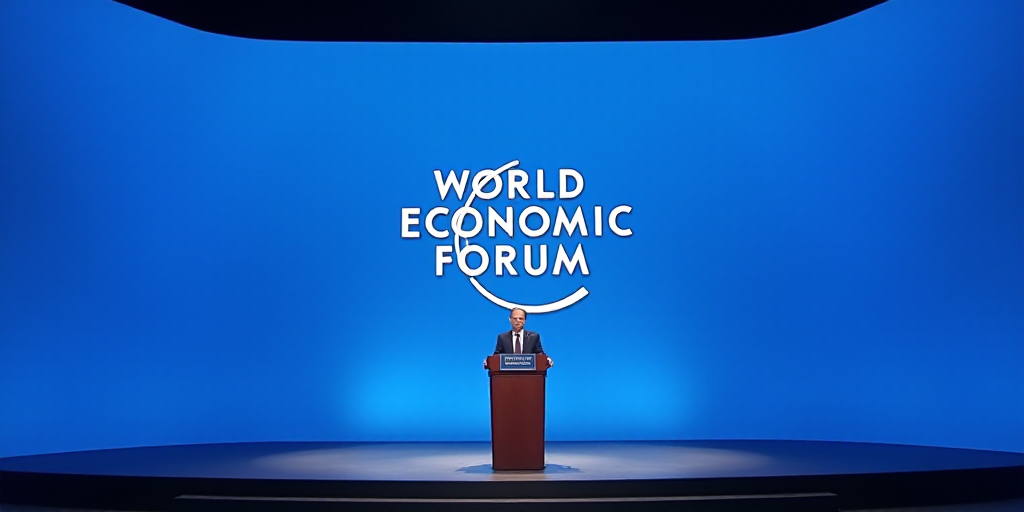Background on Li Qiang and His Relevance
Li Qiang, the newly appointed Prime Minister of China, took office amidst a backdrop of increasing global trade tensions. As one of the world’s most influential leaders, his words carry significant weight in shaping international economic policies and cooperation. With China being a major player in the global economy, his warnings about escalating trade tensions are of utmost importance.
Li Qiang’s Warning at the World Economic Forum
During the opening ceremony of the World Economic Forum in Tianjin, northern China, on Wednesday, Premier Li Qiang cautioned that global trade tensions are “intensifying.” This statement came as a response to the growing protectionist measures and trade disputes among nations, which have been straining international economic relations.
Key Trade Tensions and Disputes
- United States-China Trade War: Ongoing tariff disputes and trade restrictions have created uncertainty in the global market.
- EU-China Trade Relations: The European Union has expressed concerns over China’s intellectual property practices and market access, leading to trade tensions.
- Brexit and the UK’s Trade Future: The United Kingdom’s departure from the European Union has resulted in new trade negotiations and uncertainties.
- US-EU Steel Tariffs: The Trump administration’s imposition of tariffs on steel and aluminum imports has strained transatlantic trade relations.
Impact on Global Economy and Businesses
The escalating trade tensions have created a climate of uncertainty for businesses worldwide. Companies face increased costs due to tariffs, disrupted supply chains, and reduced market access. These challenges can lead to decreased investment, slower economic growth, and potential job losses.
Potential Consequences
- Increased Prices for Consumers: As tariffs are passed on to consumers, the cost of goods may rise, reducing purchasing power.
- Decreased Investment: Uncertainty surrounding trade policies may discourage businesses from investing in new projects or expanding operations.
- Slower Global Economic Growth: Trade tensions can lead to reduced international trade, hindering global economic expansion.
- Job Losses: Companies facing higher costs and disrupted supply chains may be forced to downsize, leading to job losses.
Key Questions and Answers
- What are the main trade tensions currently affecting the global economy?
The primary trade tensions include the US-China trade war, EU-China trade disputes, Brexit’s impact on the UK’s trade future, and US steel tariffs affecting EU-US relations.
- How do these trade tensions affect businesses and consumers?
Businesses face increased costs, disrupted supply chains, and reduced market access. Consumers may experience higher prices for goods due to tariffs.
- What are the potential consequences of escalating trade tensions?
Potential consequences include decreased investment, slower global economic growth, and job losses.






